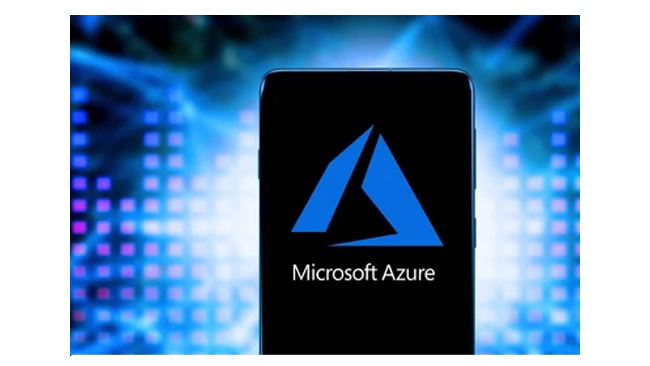
Making cost-efficient supply chains a reality for owners of grocery stores in rural areas of India aka kirana stores, ElasticRun is improving the operations of small businesses, one grocery store at a time, using cloud and artificial intelligence (AI). ElasticRun is a B2B e-commerce platform powered by Microsoft Azure and works like a food delivery app with FMCG companies as its customers on one end and rural grocery stores on the other.The company has also built a control tower running on Azure that uses AI and machine learning to automate the logistics business of the kirana stores. The control tower brings together all aspects of the business—the grocery stores it services, the on-ground agents, the warehouses, and the delivery network of transporters.
Generally, grocery store owners from rural areas need to travel to cities to meet wholesalers and pick up supplies. Such trips are often costly and require owners to shut their shops leading to loss of a day or two’s worth of business. According to industry estimates, India has over 12 million grocery stores, of which ten million are in rural areas, which are not covered by conventional distribution networks for global and local fast-moving consumer goods (FMCG). These stores rely on third-party wholesalers in bigger towns and cities for supplies. ElasticRun aims to improve the operations of these small businesses using Microsoft Azure.
“We wanted to transform the life of the village grocer. Five years ago, we realized that the gig economy could also transform the logistics business in the country. All we needed was to aggregate resources like vehicles, real estate, and people, and make it accessible to people through a digital platform.” said Sandeep Deshmukh, Founder, ElasticRun.
“As we scale into multiple geographies, we expect our technology to scale too. We chose Azure because it provides a highly scalable cloud-native architecture for our platforms. One big advantage is that the system can easily scale up during peak seasons and festivals, such as Diwali, when the orders are more, and scale down during non-peak times.”said Shitiz Bansal, ElasticRun’s co-founder and CTO.
ElasticRun gives grocers the option to order consumer goods from the comfort of their stores. They can download the app, built on Microsoft Azure, to choose the products they need, make the payment through the platform’s gateway, and just wait for the products to get delivered to them.Once an order is placed, it is received by the nearest ElasticRun warehouse, where it is packed and kept ready for pickup. These stations are strategically placed across the country to minimize cost and time incurred in sending them to their destination. The platform also uses Microsoft Azure to identify better delivery routes that can maximize the number of shops that can be serviced in a day.
ElasticRun’s platform identifies and utilizes idle or under-utilized vehicles on its network to do runs between warehouses and grocery stores. So, if a vehicle is fully or partially empty, it can be used to deliver groceries and make additional money on the same trip. The platform also uses Azure Functions, which helps evaluate the most suitable delivery routes while warning drivers to avoid routes that have higher instances of thefts—a common occurrence between vast distances in remote areas.ElasticRun’s control tower uses Microsoft Azure to monitor the network, check for any potential defects, and alert the right programs or team members. It’s also a self-healing platform that ensures no error is repeated to continuously improve the quality of its deliverables across the network.
Today, ElasticRun
works with over 100 brands and has nearly 200,000 stores across 19,000 villages
on its platform. The plan is to grow that network to two million stores across
150,000 villages by 2022. In the coming months, ElasticRun plans to extend its
transportation network to other industries such as pharma, food, and general
merchandizing. The company also plans to leverage the data it possesses to
introduce credit services to all its users. The company also plans to use that
data, which maps the consumption patterns of all its stores in different parts
of the country to provide insights to its FMCG customers.